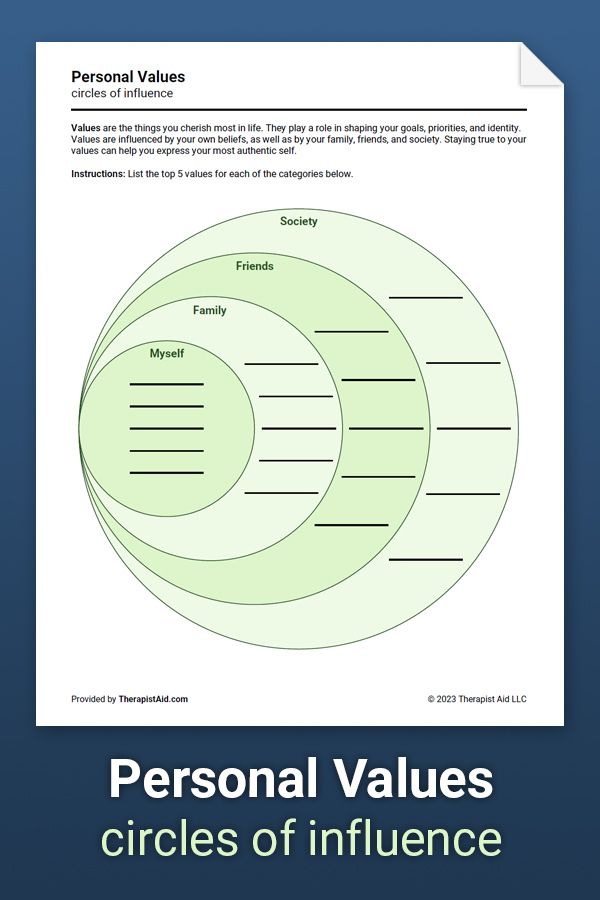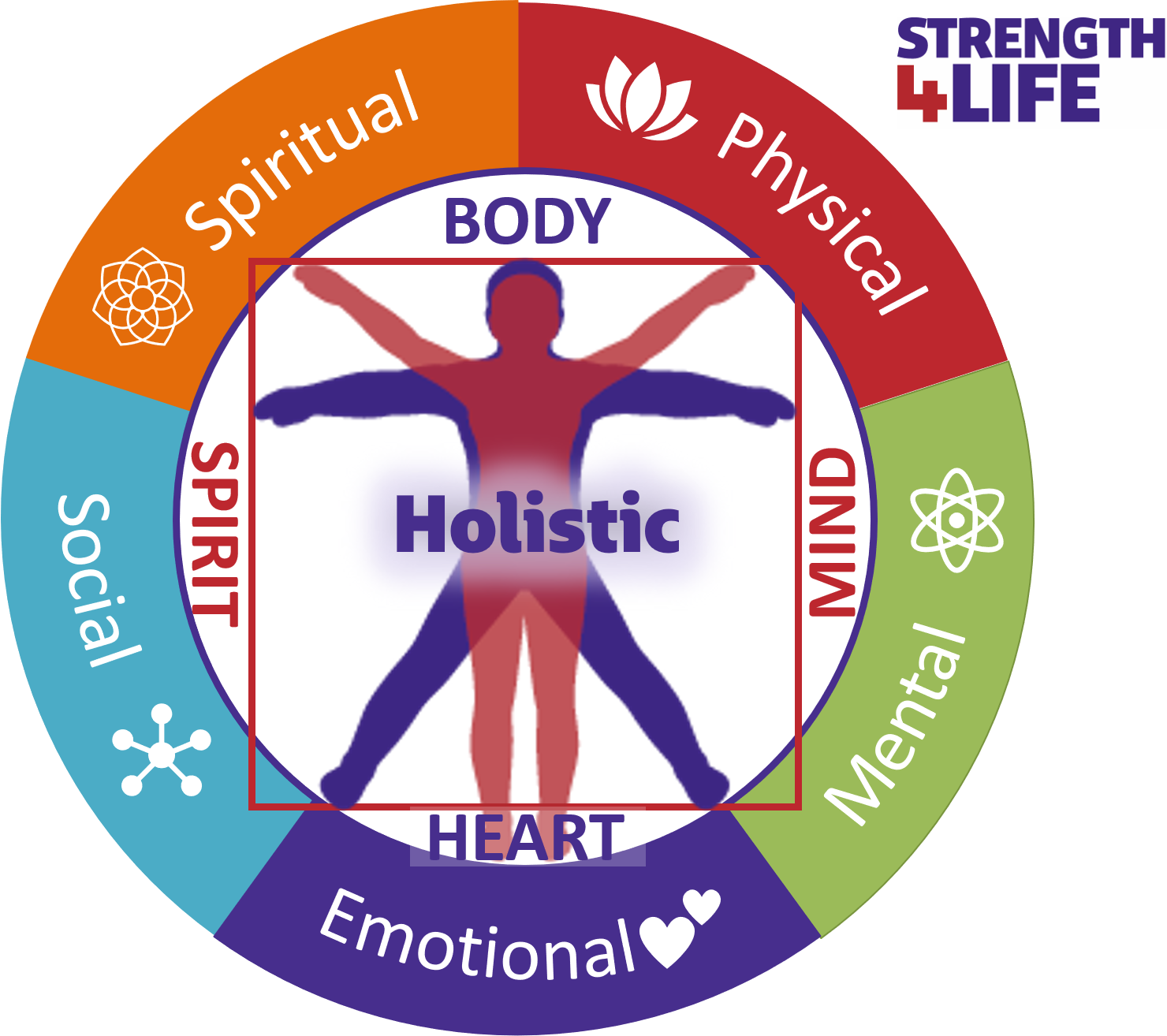What Is The Good Life? Exploring Personal Values And Priorities

Table of Contents
Identifying Your Core Values: The Foundation of a Good Life
Understanding your core values is the bedrock upon which a fulfilling life is built. Self-reflection is crucial in this process. What truly matters to you? What principles guide your decisions and actions? Identifying these core values—the fundamental beliefs that shape your worldview—is essential to aligning your life with your deepest aspirations.
Examples of core values are diverse and personal. Some common ones include family, creativity, freedom, knowledge, health, contribution, integrity, and authenticity. However, your own personal values might be quite different.
To identify your personal values, consider these exercises:
- Value Clarification Exercises: Many online resources and worksheets offer structured exercises to help you identify your values.
- Journaling: Regularly journaling about your experiences, decisions, and feelings can reveal underlying values. Ask yourself: What aspects of my life bring me the most joy and satisfaction? What am I willing to sacrifice for? What kind of person do I want to be?
- Reflect on Past Decisions: Analyze significant choices you've made in the past. What values motivated those decisions?
Practical Steps to Identify Core Values:
- Brainstorm a list of potential values.
- Rank them in order of importance.
- Consider how these values manifest in your daily life.
- Revisit and refine your list regularly as your life evolves.
Resources for Value Clarification: Numerous websites and books offer guidance on identifying and clarifying personal values. A simple online search for "value clarification exercises" will provide many helpful resources.
Values vs. Goals: It's important to distinguish between values and goals. Values are guiding principles, while goals are specific, achievable objectives. For example, "family" is a value, while "spending quality time with family every Sunday" is a goal aligned with that value.
Setting Meaningful Priorities: Aligning Actions with Values
Once you've identified your core values, the next step is to translate them into meaningful priorities. Priorities determine how you allocate your time, energy, and resources. Setting realistic and achievable priorities is crucial to avoid feeling overwhelmed and ensure you're actively living in accordance with your values.
Prioritizing different aspects of life—career, relationships, health, personal growth—requires careful consideration. It's about making conscious choices that align with your values and contribute to a sense of balance and fulfillment.
Strategies for Effective Prioritization:
- Time Management Techniques: Employ methods like the Eisenhower Matrix (urgent/important), time blocking, or the Pomodoro Technique to manage your time effectively.
- Overcoming Procrastination and Distractions: Identify your procrastination triggers and develop strategies to overcome them. Minimize distractions by creating a focused work environment.
- The Pareto Principle (80/20 Rule): Focus your energy on the 20% of tasks that yield 80% of the results. This principle can help you prioritize the most impactful activities.
The Role of Relationships in Achieving the Good Life
Meaningful connections are essential for well-being. Strong relationships—with family, friends, romantic partners, and community—provide social support, emotional intimacy, and a sense of belonging. These connections are vital for navigating life's challenges and celebrating its joys.
The benefits of strong social support systems are numerous: increased resilience, improved mental health, and a greater sense of purpose. Conversely, social isolation has been linked to negative health outcomes.
Nurturing Healthy Relationships:
- Prioritize quality time with loved ones.
- Practice active listening and empathy.
- Communicate openly and honestly.
- Offer support and understanding.
- Forgive and move forward from conflicts.
The Pursuit of Meaning and Purpose: Beyond Material Success
While material possessions can provide comfort and security, defining "the good life" solely through them is ultimately limiting. Finding meaning and purpose—a sense of contributing to something larger than oneself—is crucial for long-term happiness and fulfillment.
Discovering your personal passions and aligning your actions with them can lead to a profoundly rewarding life. This could involve volunteering, creative pursuits, spiritual practices, or contributing to a cause you believe in.
Finding Meaning and Purpose:
- Volunteering: Give back to your community and connect with others through service.
- Creative Pursuits: Engage in activities that allow you to express your creativity and talents.
- Spiritual Practices: Explore your spirituality and connect with something greater than yourself.
- Ikigai: Consider your ikigai—the intersection of what you love, what you're good at, what the world needs, and what you can be paid for. This can help you discover a deeply fulfilling purpose.
- Continuous Learning and Personal Growth: Embrace lifelong learning to expand your horizons and discover new passions.
Defining Your Own Good Life
In conclusion, defining "the good life" is a deeply personal journey. This article has highlighted the importance of understanding your personal values, setting meaningful priorities, nurturing relationships, and pursuing purpose to create a fulfilling life. Remember, there's no single blueprint for the good life; it's a unique and evolving concept for each individual. Start your journey towards a fulfilling life by identifying your core values and setting meaningful priorities. Discover what your good life looks like! Embark on this exploration to create your personalized blueprint for the good life.

Featured Posts
-
 Communique De Presse Sanofi Et L Inauguration De Son Nouveau Site En France
May 31, 2025
Communique De Presse Sanofi Et L Inauguration De Son Nouveau Site En France
May 31, 2025 -
 Understanding The Good Life A Holistic Approach To Living Well
May 31, 2025
Understanding The Good Life A Holistic Approach To Living Well
May 31, 2025 -
 Activision Blizzard Deal In Jeopardy Ftc Files Appeal
May 31, 2025
Activision Blizzard Deal In Jeopardy Ftc Files Appeal
May 31, 2025 -
 L Etoile De Mer Symbole D Une Demande De Justice Pour Le Vivant
May 31, 2025
L Etoile De Mer Symbole D Une Demande De Justice Pour Le Vivant
May 31, 2025 -
 Arcachon Le Tip Top One Fete Ses 22 Ans
May 31, 2025
Arcachon Le Tip Top One Fete Ses 22 Ans
May 31, 2025
